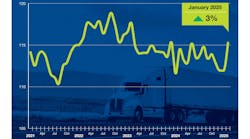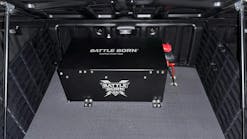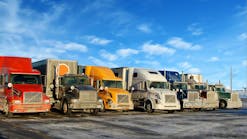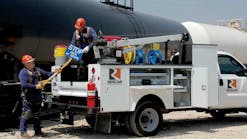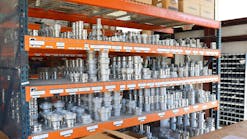A labor dispute between a union and two Canadian railroad companies is disrupting North American freight and generating concern for U.S. bulk transportation companies as significant freight volumes likley shift to trucking’s spot market.
Beginning Aug. 22, two major Canadian rail operators have locked out unionized employees and shut down their rail activity. The locked-out employees represent almost 10,000 workers for both companies.
Before it took place, the threat of the work stoppage already moved some freight volume to trucking’s spot market. Now that the stoppage is in effect, the disruption to North American freight will become more severe.
“This is a story we are watching closely,” one tank truck executive recently told Bulk Transporter. “Any type of shutdown will have a ripple effect across U.S. trucking markets, including bulk.”
What happened?
The work stoppage came from unsuccessful labor negotiations between two Canadian railway employers and a major industry union: Canadian National Railway Co. and Canadian Pacific Kansas City, the employers, and Teamsters Canada Rail Conference, the union.
CN and CPKC are two of Canada’s biggest rail companies, according to Axios. The effects of a work stoppage for the companies are widespread for railway freight movement.
The two major rail companies had already slowed down the movement of goods before locking out all TCRC-represented employees after midnight on August 22, because no agreement was reached. The union planned to issue a strike against CPKC beginning August 22.
How does this affect trucking?
Volumes in the North American spot market are likely to be affected by the stoppage; last week's spot market showed volumes already moving toward trucks.
Nearly a third of the two companies' freight crosses the U.S.-Canadian border, according to CNN.
The translation of halted rail freight to trucking volumes isn't the exact same. A significant portion of railroad freight does not translate to truck freight, and many shippers have already planned around the disruptions caused by this dispute.
Dean Croke, principal analyst for DAT Freight & Analytics, finds that some freight volume has shifted from rails to the road, but there is still plenty of capacity for the moment.
Read more at FleetOwner, a Bulk Transporter affiliate.
